
Recommendation
This history recounts the development of investment banking from its 17th-century origins to the present. Along the way, professors Alan D. Morrison and William J. Wilhelm Jr. offer readers an introduction to institutional theory and hazard a guess at the future evolution of what is essentially an information business. This is not a how-to, nor is it a survey of the present competitive landscape, but getAbstract believes that readers interested in a concise presentation of the historical, economic and institutional forces that shaped the investment banking industry will find this book fits the bill. The authors have organized their presentation remarkably well, a noteworthy achievement given the breadth of philosophical, legal, financial and commercial information on which they draw.
Summary
About the Authors
Alan D. Morrison is a lecturer at the Saïd Business School and a fellow of Merton College, University of Oxford. William J. Wilhelm Jr. was chair of Management Studies at the Saïd Business School before joining the McIntire School of Commerce at the University of Virginia in 2002.








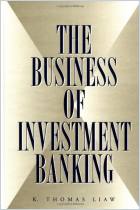

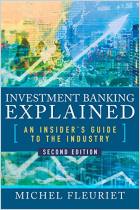
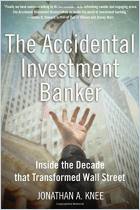
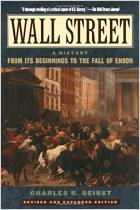
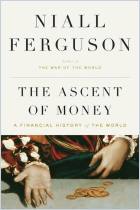




Comment on this summary or Iniciar a Discussão